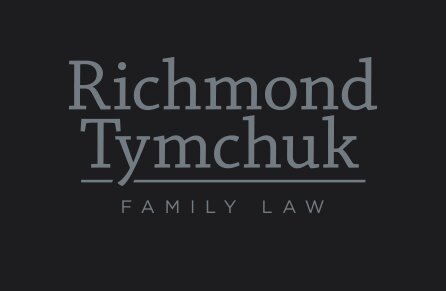Parents who are facing divorce or separation are usually most anxious about what will happen to their children. This post will explain how separation affects the residence of children and at what age a child is legally able to make decisions.
Oftentimes, a child might not choose the parent that would actually be in their best interest. For example, they might prefer to choose the ‘fun’ parent but this parent might be incapable/unwilling to provide the day-to-day care the child needs. What would happen in a situation like this?
What is the law around child custody in Alberta?
In the case of parents who are seeking a divorce, parenting arrangements (formerly known as “custody and access”) are governed by the Canadian Divorce Act. Where the parents are not married, or not seeking to divorce, the relevant law is Alberta’s Family Law Act.
The primary consideration under Canada’s Divorce Act and Alberta’s Family Law Act is the best interests of the child.This includes is the child’s physical, emotional and psychological safety, security and well-being.
The court can may also take into account the child’s own views and preferences. This is where the child might express a desire to live with one parent over the other.
What age should the child be before they get a say?
There is no set age.
Generally, the older the child then the more likely their opinion will be considered. This is because an older child will have maturity to understand the implications of their opinion.
It is important to note that just because a child’s wishes are taken into consideration does not mean they are making the final decision about who they want to live with. There are other factors which will also be considered.
Some case examples demonstrating when the child’s wishes have been takening into account include:
- In Albers v Albers (2011) ABQB 456, the court held that at the wishes of a 12 years old child should “definitely be considered” but the child’s wishes should not “predominate over all other factors”.
- In RM v JS (2013) ABCA 441, the court took into account a 10 year old child’s wishes.
However the individual child’s maturity will be considered, so these ages should not be seen as a blanket rule.
From the age of 18, the child will legally become an adult and then has the legal freedom and right to decide where they live.
How are the child’s opinions taken into consideration?
Parents are discouraged from soliciting opinion evidence from their children. This viewed dimly by the Courts as a parent drawing the child into the litigation to pick sides; a practice that is most often viewed to be contrary to the child’s best interest.
Children like to please their parents and will often tell each parent what they believe that parent wants to hear. For this reason, evidence tendered by the parents about the wishes of their child, which is often conflicting with the evidence of the other parent, is seldom given much weight. Accordingly, other manners of introducing children’s parenting opinion evidence have been adopted by our Courts.
There are two main ways that a child’s evidence of his or her parenting preferences can be considered in evidence: through the child’s own lawyer who is appointed by the Court or through a Voice of the Child Report tendered through a psychologist.
The parents can (and should!) discuss the situation with their child. This is a challenging and difficult time for everyone.
Asking your child for their opinion does not mean that you’re asking them to take sides. You can also consider arranging a “Voice of the child report” where a social worker or legal adviser speaks to your child and prepares a report.
What about extenuating circumstances?
In some circumstances, it might not be appropriate to take into account the child’s opinion. For example, where there has been family violence, abuse or criminal behaviour.
To discuss your specific circumstances, please contact us for a consultation about parenting arrangements.


